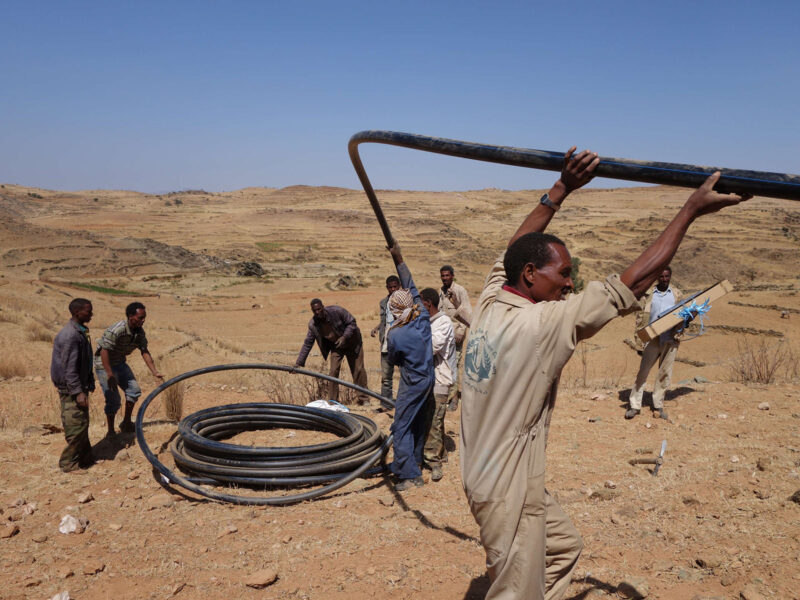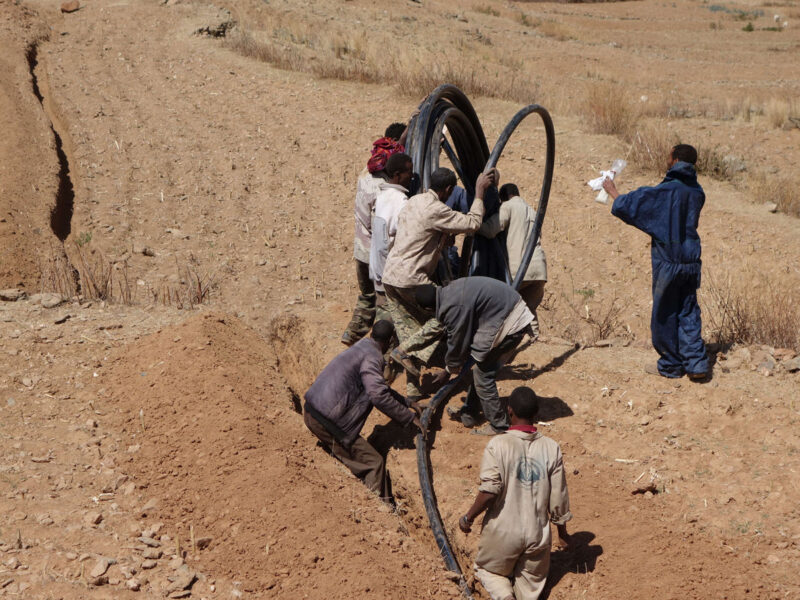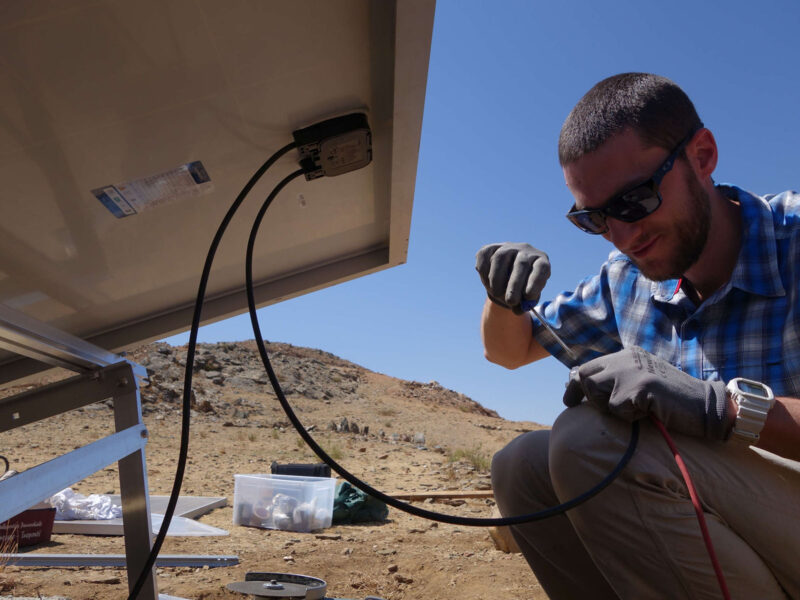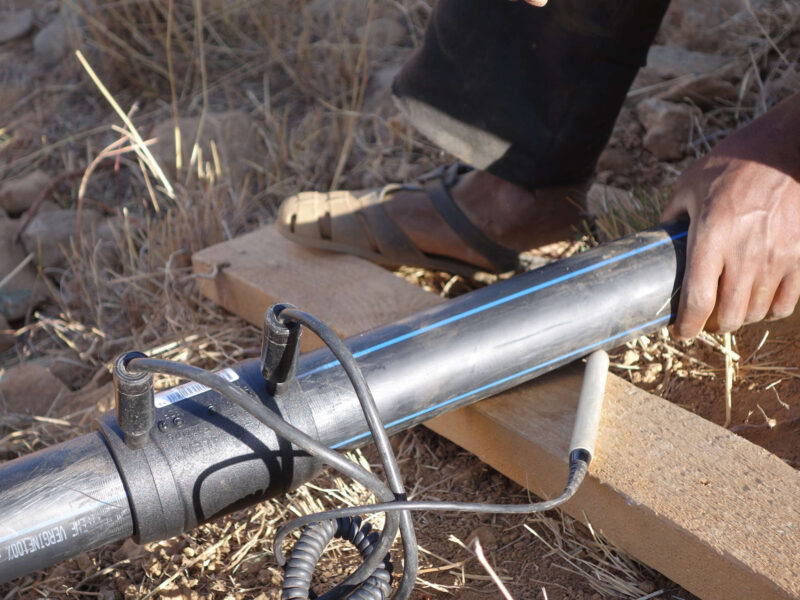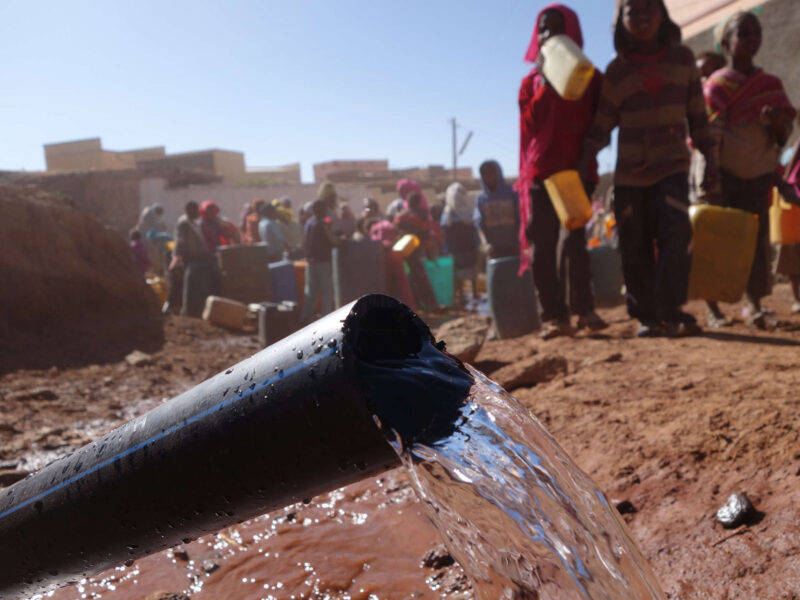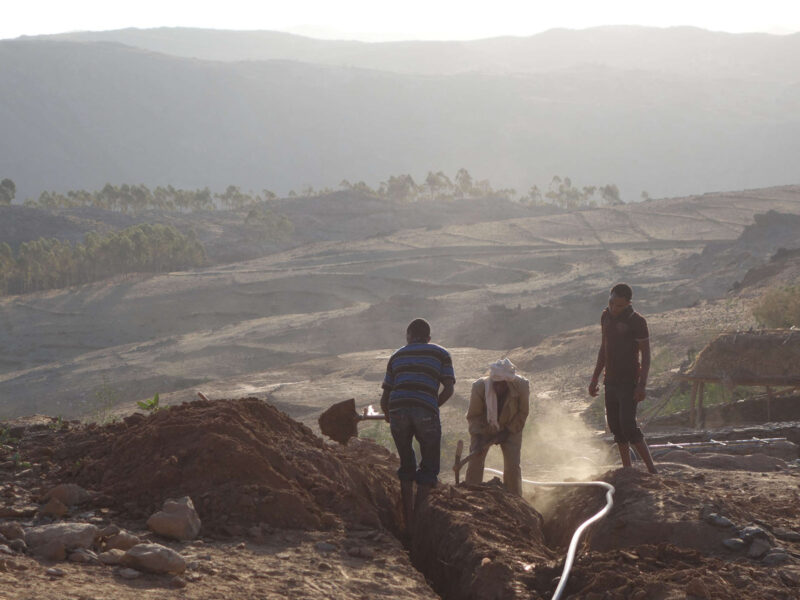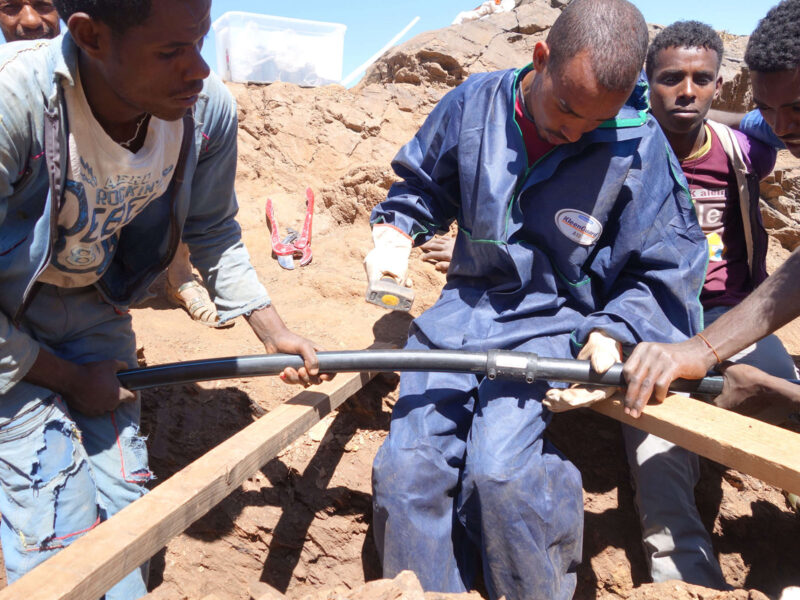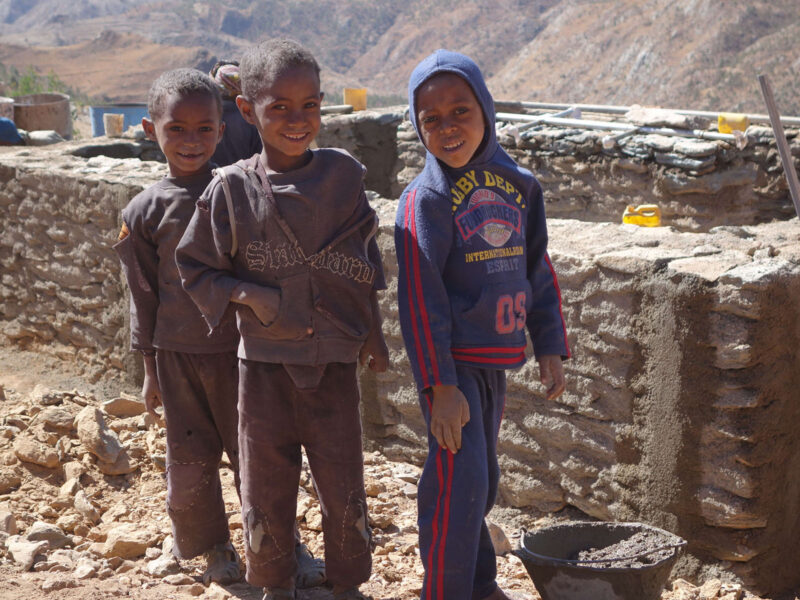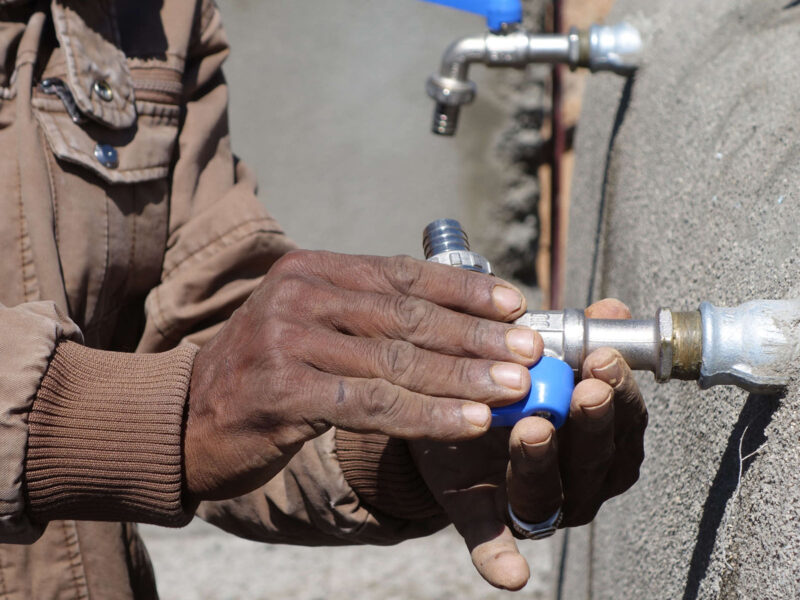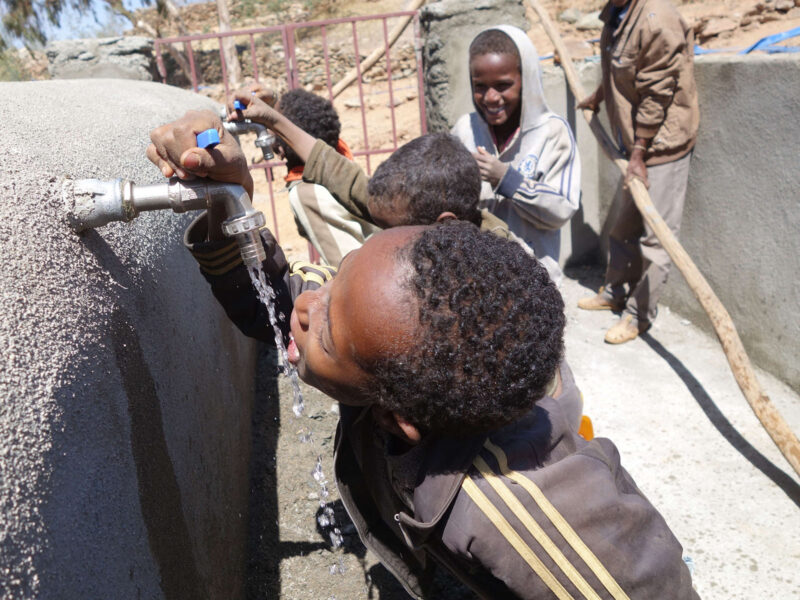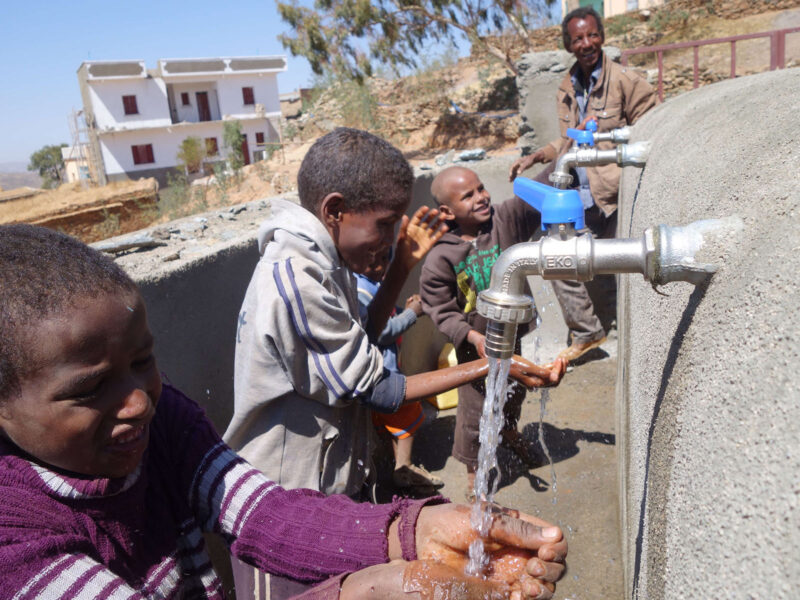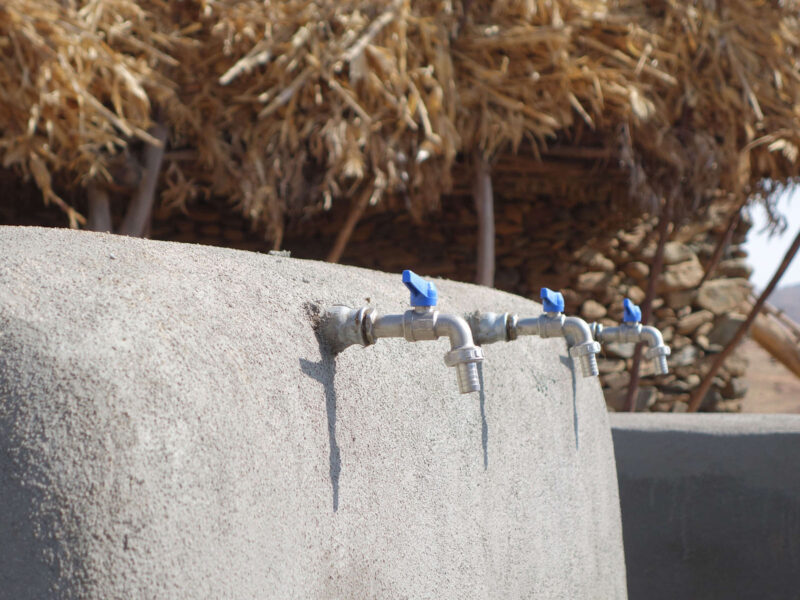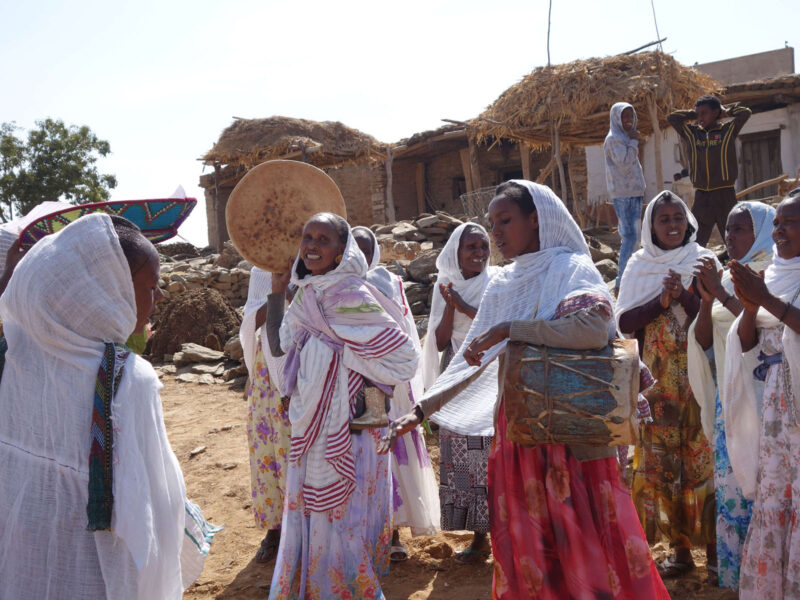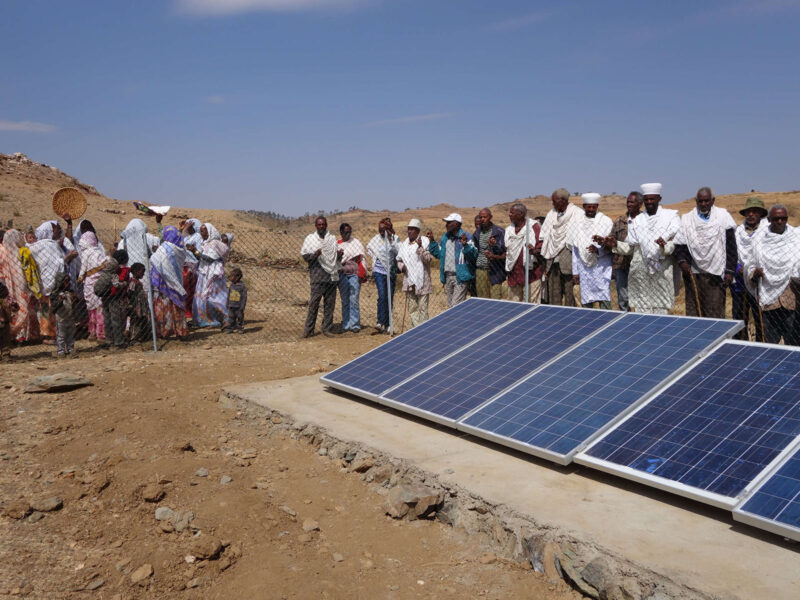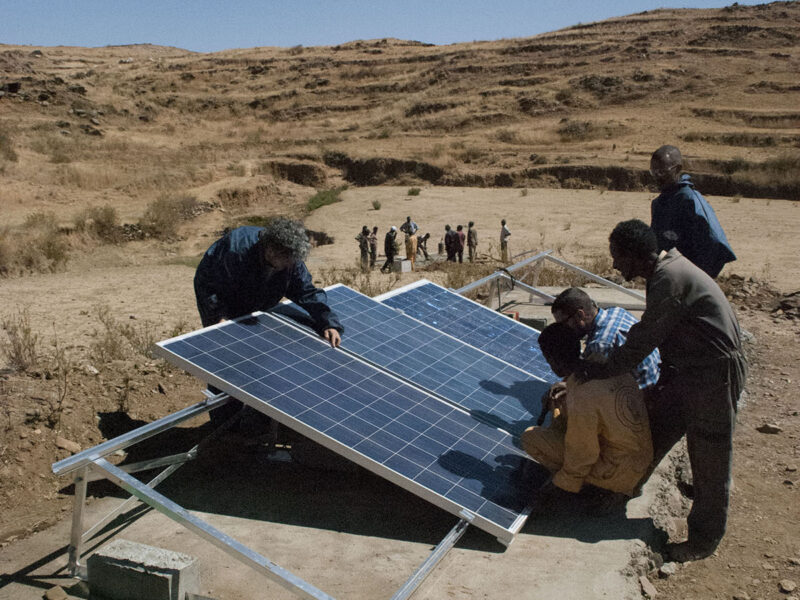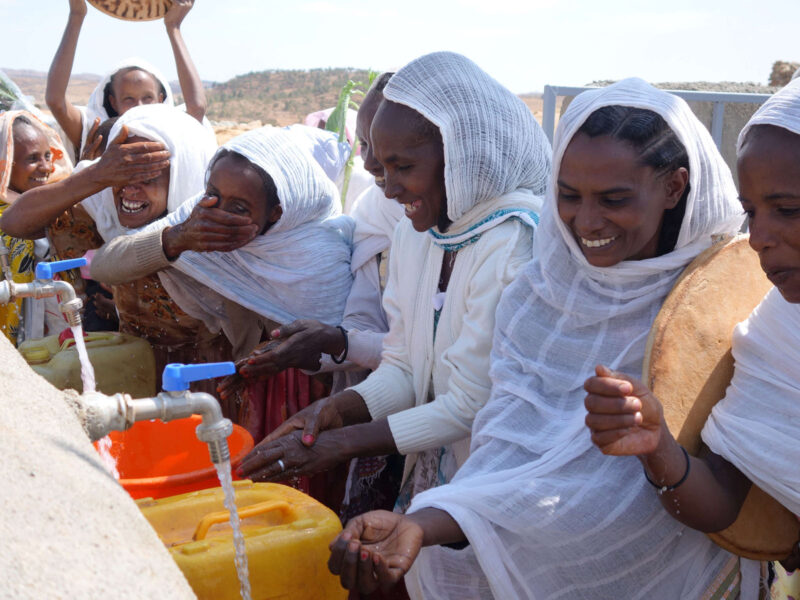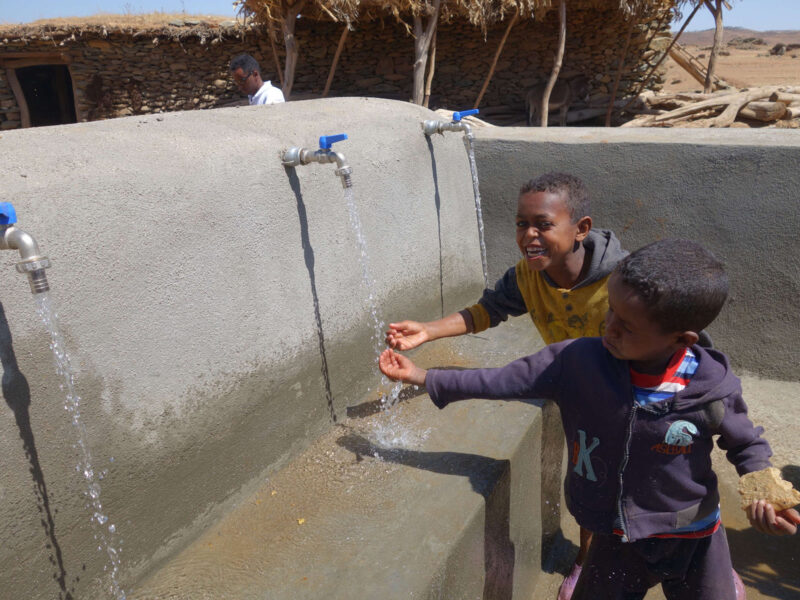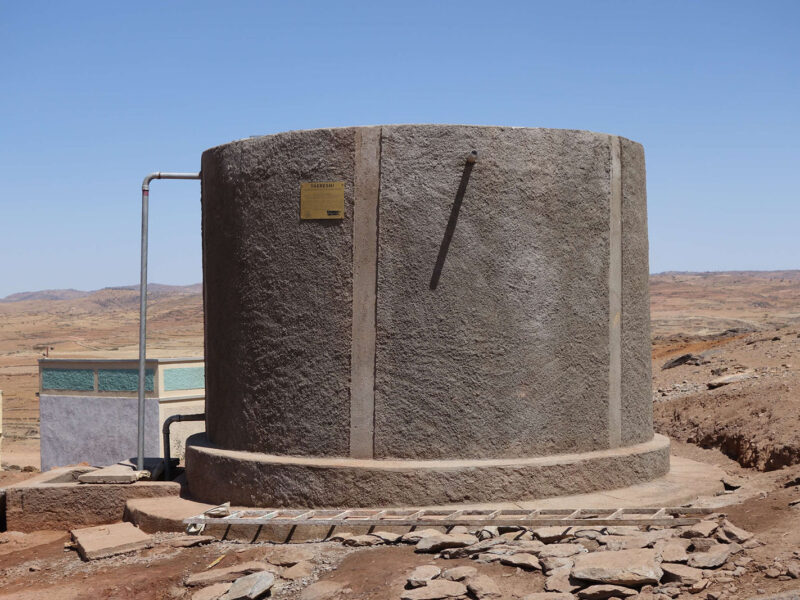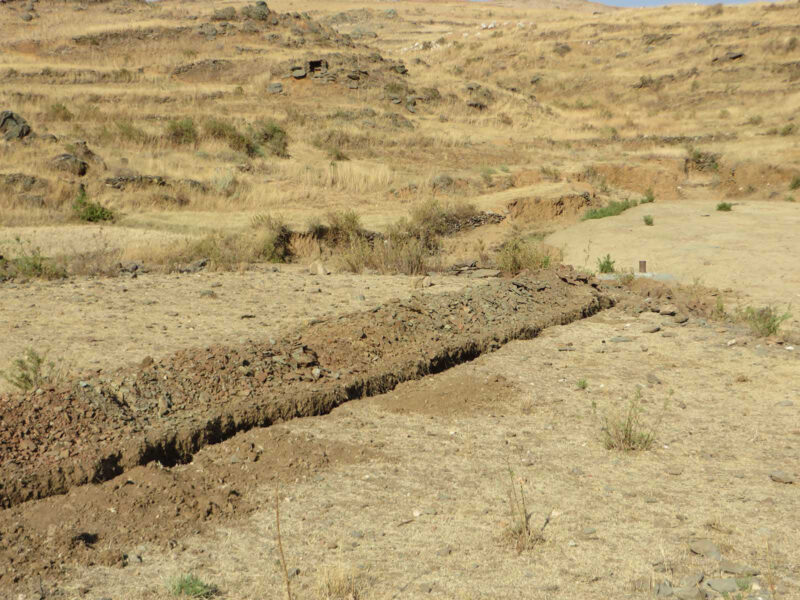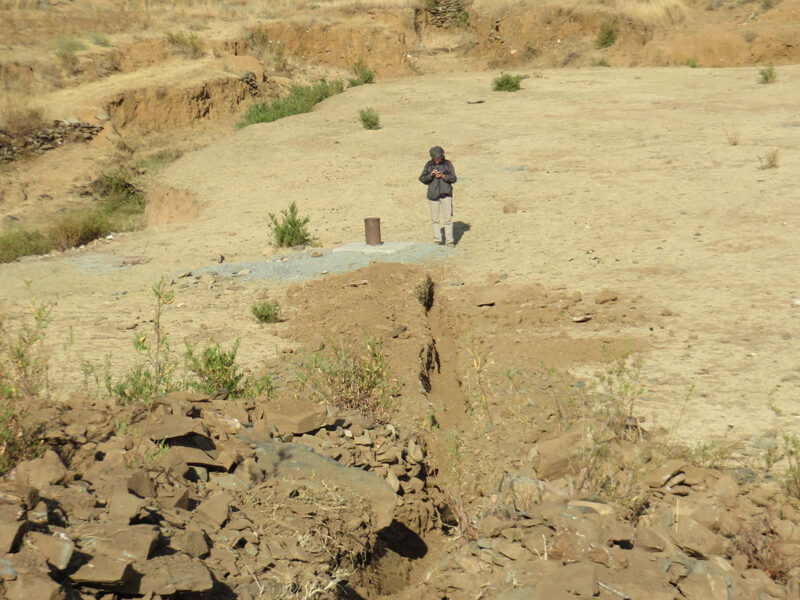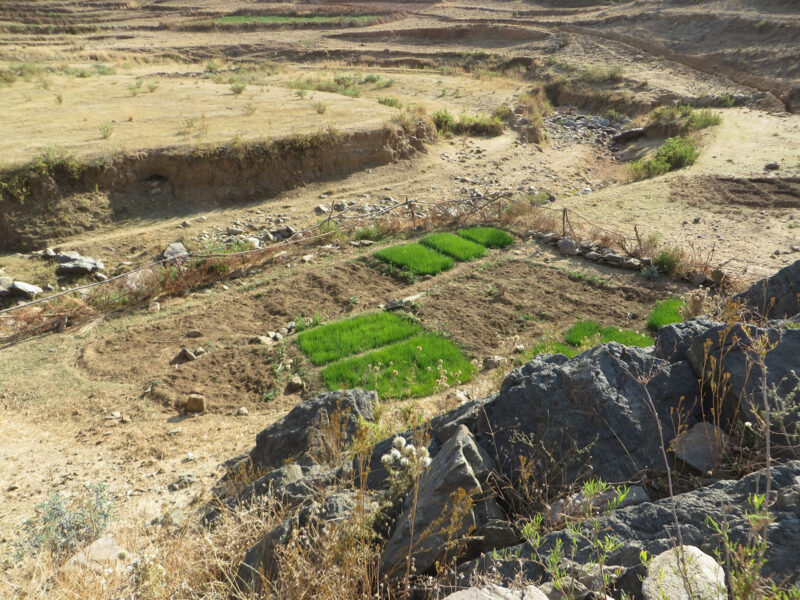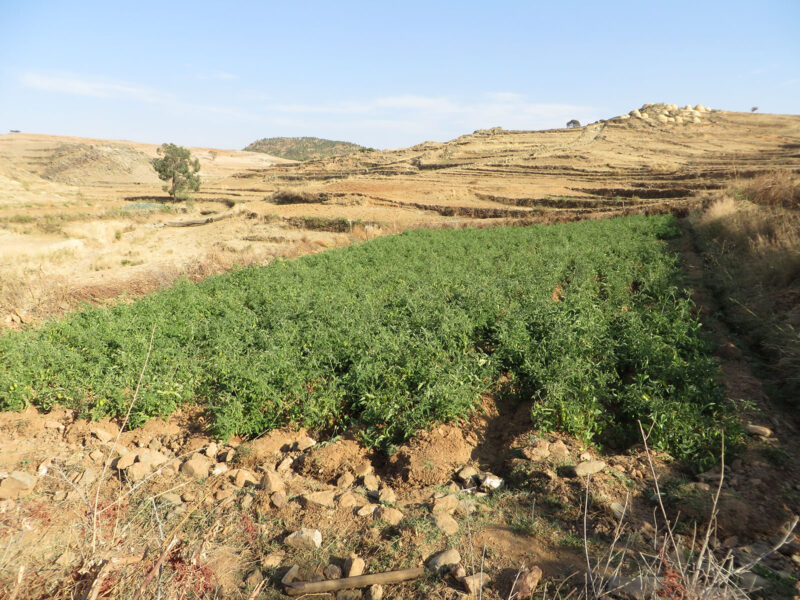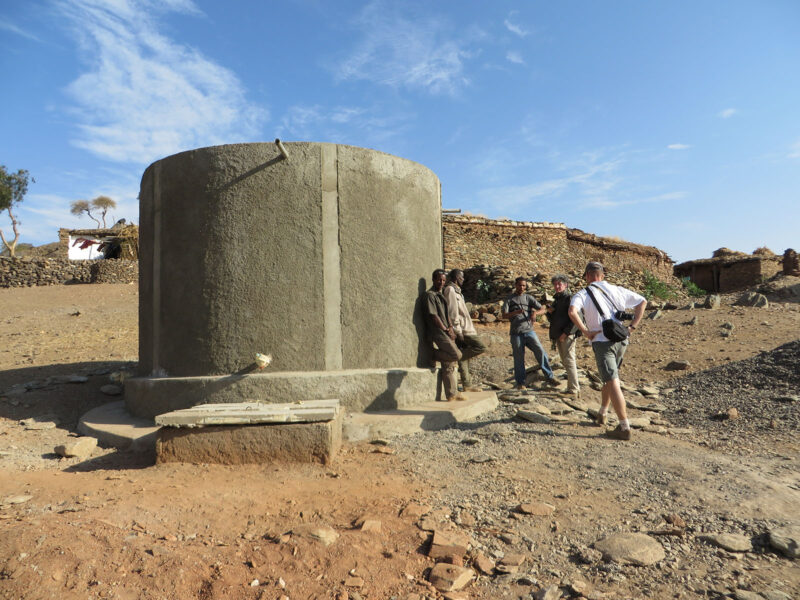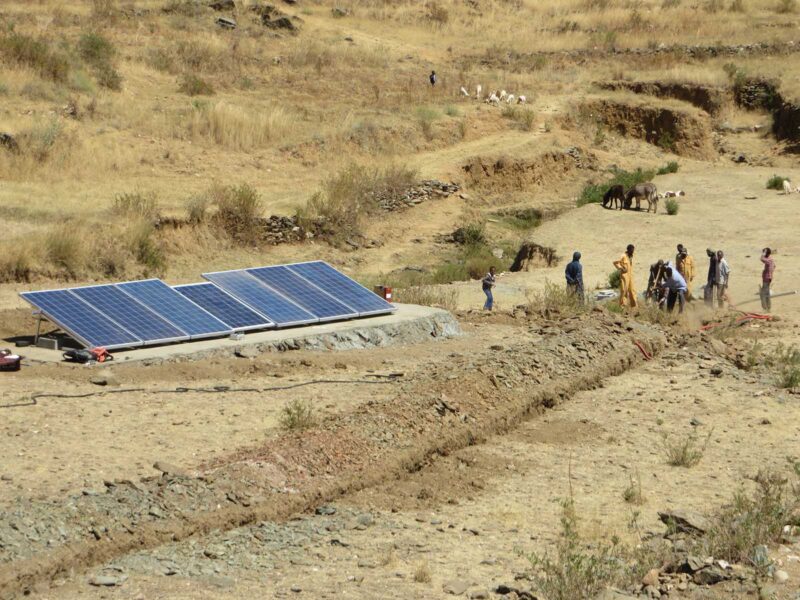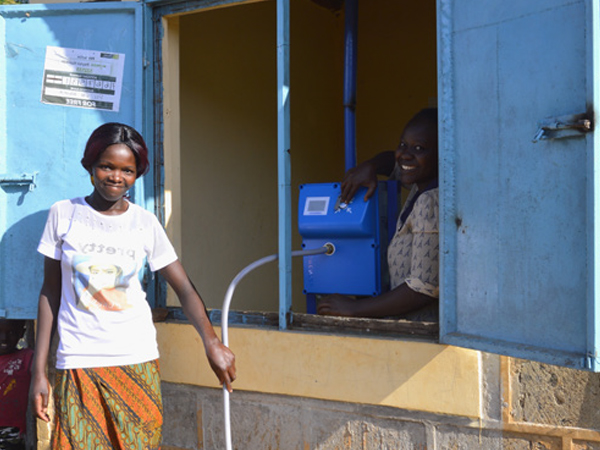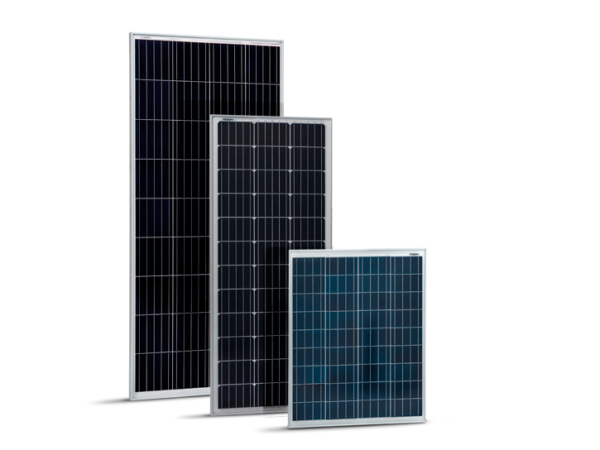According to the United Nations, two billion people in the world have no access to clean water. In addition, nearly 1.5 million people die each year due to water and sanitation shortages.
Climate change, which often involves the alternation of sudden violent rainfall and increasingly long drought periods, exacerbates the search for sources of potable water in order to have a decent life, sheltered from the water crisis.
In Eritrea, our experience was put at the service of a small Venetian Association that, in synergy with our company and through regional funds, managed to install two photovoltaic wells for a user base of more than 3,000 people.
The solar pump, extracts water at a depth of about 30 meters and feeds it into a 30 m3 reservoir, 1 km away from the source. Thus, every day, with the use of only 6 solar modules, the supply of 10-15 cubic meters of drinking water is guaranteed. Even facing a pump-tank height difference of as much as 100 meters.
A system of 1.5 kWp of photovoltaic modules, and overall very inexpensive, can really make the difference between continuing to inhabit a semi-desert village in the Horn of Africa and leaving it for good. In fact, we know that the water extracted will not only be used for drinking, washing and cooking but also for the creation of rural gardens that have immediately begun to be established in these villages. Access to water therefore also means access to fresh, quality food. As well as, of course, being able to water the small flocks of goats present and other animals.
The 1.4 kW pumps are activated at dawn as soon as there is enough solar energy to power them and run throughout the day, except for the filling of the reservoir, which provides a good reserve in case bad weather persists for a few days. About 30 taps in each village are served from the reservoir by gravity to allow easy water supply to the families.
These projects not only bring clean water, but also generate a virtuous circle of local micro-economy by selling water at a fair price and forfeiting resources for eventual extraordinary maintenance of the aqueduct.
The current climate crisis will bring new challenges: acquire more and more know-how about these systems. We want to be prepared not only in the so-called emerging countries but also in Europe.
Discover our products
Request more information
Write to us to receive more information
Request more information
Write to us to receive more information

"*" indicates required fields


